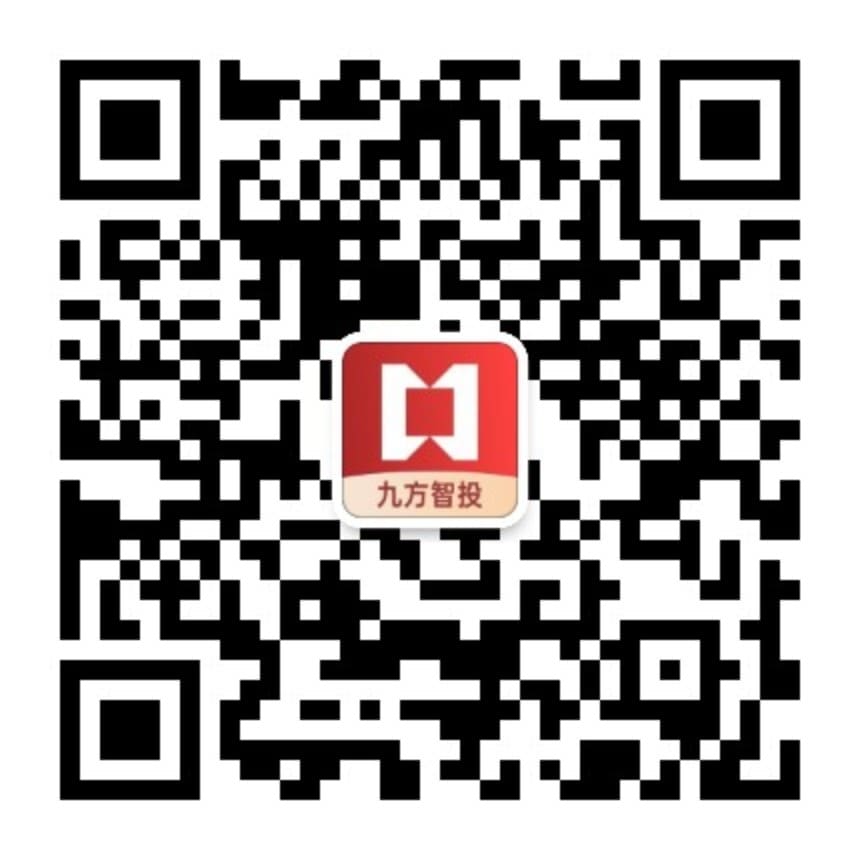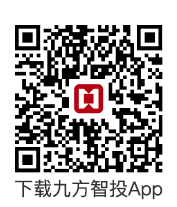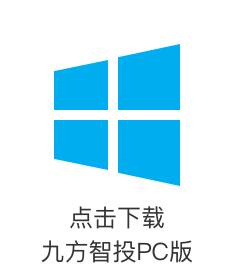Investment positives
We initiate coverage on Shanghai YCT Electronics Group Co Ltd (YCT Electronics) with an OUTPERFORM rating and a target price of Rmb101.32.
Why an OUTPERFORM rating?
Well-known electronic component distributor in China; business acquisition supports independent IC R&D business. YCT Electronics was founded in 1999 as an electronic component distributor focusing on the automobile sector. In 2019, it entered the integrated circuit (IC) independent development segment by acquiring Tamul and developed power management chips. In 1H22, its independent IC R&D business generated revenue of Rmb82.54mn, up 211% YoY. It acquired E-Mantech and OCX in 2022 to further strengthen its distribution and competitive advantages in the self-developed IC market.
Large distribution market; accumulating upstream and downstream resources. Electronics component distributors serve as links between upstream and downstream entities within the electronics component value chain and provide supply-chain services and technological support. According to ESM China, combined revenue of top 25 distributors in China totaled around Rmb250bn in 2021. We estimate that demand for automotive electronics accounted for around 9% of total demand for electronic components, and expect the share to further increase amid development of electric and intelligent vehicles. YCT Electronics is mainly engaged in the distribution of automotive electronics, and it has formed cooperation with suppliers such as Toshiba, Seoul Semiconductor, Murata Manufacturing, Panasonic and LG. Its automaker clients include Geely, Great Wall Motor, BYD, and XPeng, and it is acquiring new clients.
Power management IC market approaches Rmb100bn; YCT Electronics maintains leadership in the niche global pre-installation market. World Semiconductor Trade Statistics (WSTS) data shows that the size of the global power management IC market was US$19.1bn in 2021. YCT Electronics entered this market in 2019 by acquiring a South Korean team. Its products include motors, LED drives, low-dropout regulators (LDO), and direct current-direct current converters (DCDC), and its main clients come from automotive component pre-installation market. At present, the firm has industrialized 18 products which have been installed on models from Hyundai, Chrysler, Volkswagen, and GAC Group. The firm plans to increased R&D investment to diversify products and accelerate client acquisition.
How do we differ from the market? 1) The market is pessimistic about the growth upside and profit margin of the distribution industry. In our opinion, YCT Electronics mainly focuses on the automotive electronic distribution business, which may benefit from demand growth in the electric and intelligent vehicle industry. In addition, it can stabilize its earnings growth by adjusting the structure of its product portfolio. 2) According to the market, the firm does not have diversified self-developed IC products. We believe that it has mature automotive IC design capability and is recognized by clients after its acquisition of the South Korean team. Its acquisition of the Chinese team, OCX, provides it with post-installation experience. We believe that the two teams will likely be integrated and form synergies moving forward. In addition, the firm is increasing R&D investment to diversify products and expand customer base.
Potential catalysts: Market share of the self-developed IC products continue to increase; orders which were delayed by the pandemic likely to be delivered in 2H22.
Financials and valuation
We estimate that the firm’s 2022 and 2023 EPS will be Rmb2.36 and Rmb3.69, implying a CAGR of 78.7%. The stock is trading at 36x 2022e and 23x 2023e P/E. We adopt the SOTP valuation method and think that the firm’s distribution business should be valued at 15x 2023e P/E and the independent IC R&D business should be valued at 40x 2023e P/E. The market cap of the two businesses will likely be Rmb2.2bn and Rmb5.9bn, totaling Rmb8.1bn. Our TP is Rmb101.32, implying 18% upside.
Risks
Demand from automakers, introduction of new self-developed IC products, and/or client acquisition disappoint; goodwill impairment risk; suppliers change.













